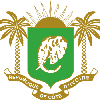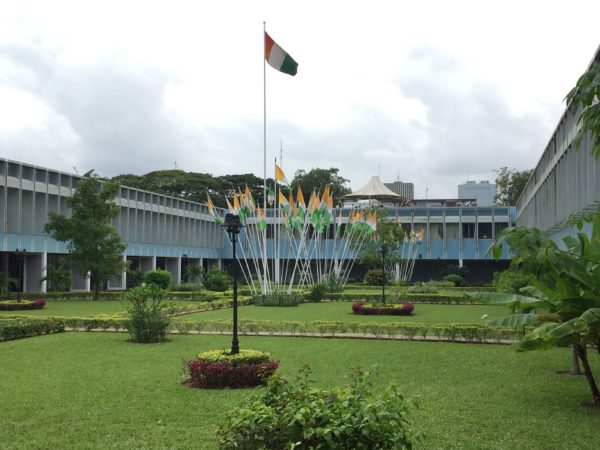After the elections in 2011, S.E. Alassane Dramane Ouattara was sworn in as President of the Republic of Côte d’Ivoire in May and the normal course of the election cycle allowed parliamentary elections in December 2011 and regional and local elections in April 2013. On 25 October 2015, S.E. Alassane Ouattara was elected President of the Republic of Côte d’Ivoire with 83.66% of the votes cast in the first round for another five years. After his election as president, he submitted a new draft constitution to a referendum, which was adopted with 93.42% of the votes cast on 30 October 2016. This marked the beginning of the Third Republic. On 18 December 2016, parliamentary elections were held with the aim of consolidating the country’s democratic institutions. The next presidential elections will take place in 2020.
The judicial system has been heavily influenced by France. There are two parallel systems of justice – the French-inspired legal system and Ivorian customary law. Judicial power is represented by two judicial institutions, the Supreme Court and the Court of Audit. A peculiarity of the Ivorian legal system is the “Médiateur de la République” (mediator of the republic), which judges impartially as a kind of ombudsman.
The administrative state structure of the country was redefined in 2011. Côte d’Ivoire has since been divided into 12 districts and 31 regions. Until 2011, the country still had 19 regions with their own capitals.




